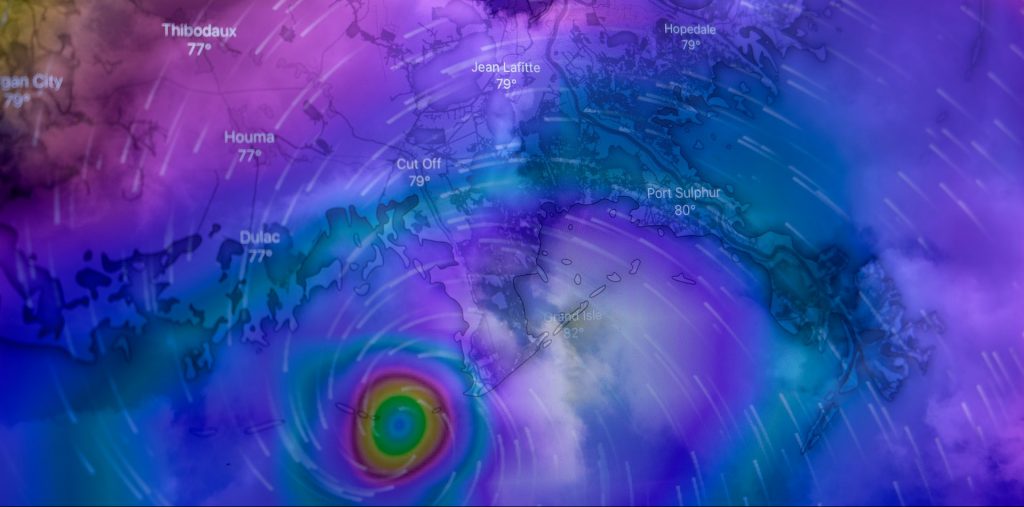
Crucial, complex and data-heavy reports like the recently released Intergovernmental Panel on Climate Change (IPCC) do not seem to be helping with communication either. A 2021 US-based study found that many terms and phrases such as ‘mitigation’, ‘carbon neutral’, and ‘unprecedented transition’ mentioned in these reports are “too technical” and “unfamiliar.” Even these terms’ explanations in reports are “too wordy” and “full of jargon,” the study found. What’s even more worrying is that over the years, these reports communicating climate change have become more difficult to read, as a 2015 linguistic analysis found after analysing published reports between 1994 and 2014. Seen in this light, journalists and media houses become front runners for creating awareness by telling tales of the current climate crisis in a language that can be understood, empathised with, and acted upon.
Forestry is the other sector likely to be affected. Many in the international community are promoting a programme to reduce emissions from deforestation and forest degradation REDD in developing countries and since Nepal’s community forestry efforts are seen as a major success, it is likely that Nepal will see an increase in investment in reforestation. Unless the risk of fire can be minimized, changing climate conditions could make reliance on forestry for carbon banking and local adaptation counter-productive both at the local level and in relation to the regional climate conditions that influence basin-level water availability and sediment loads.